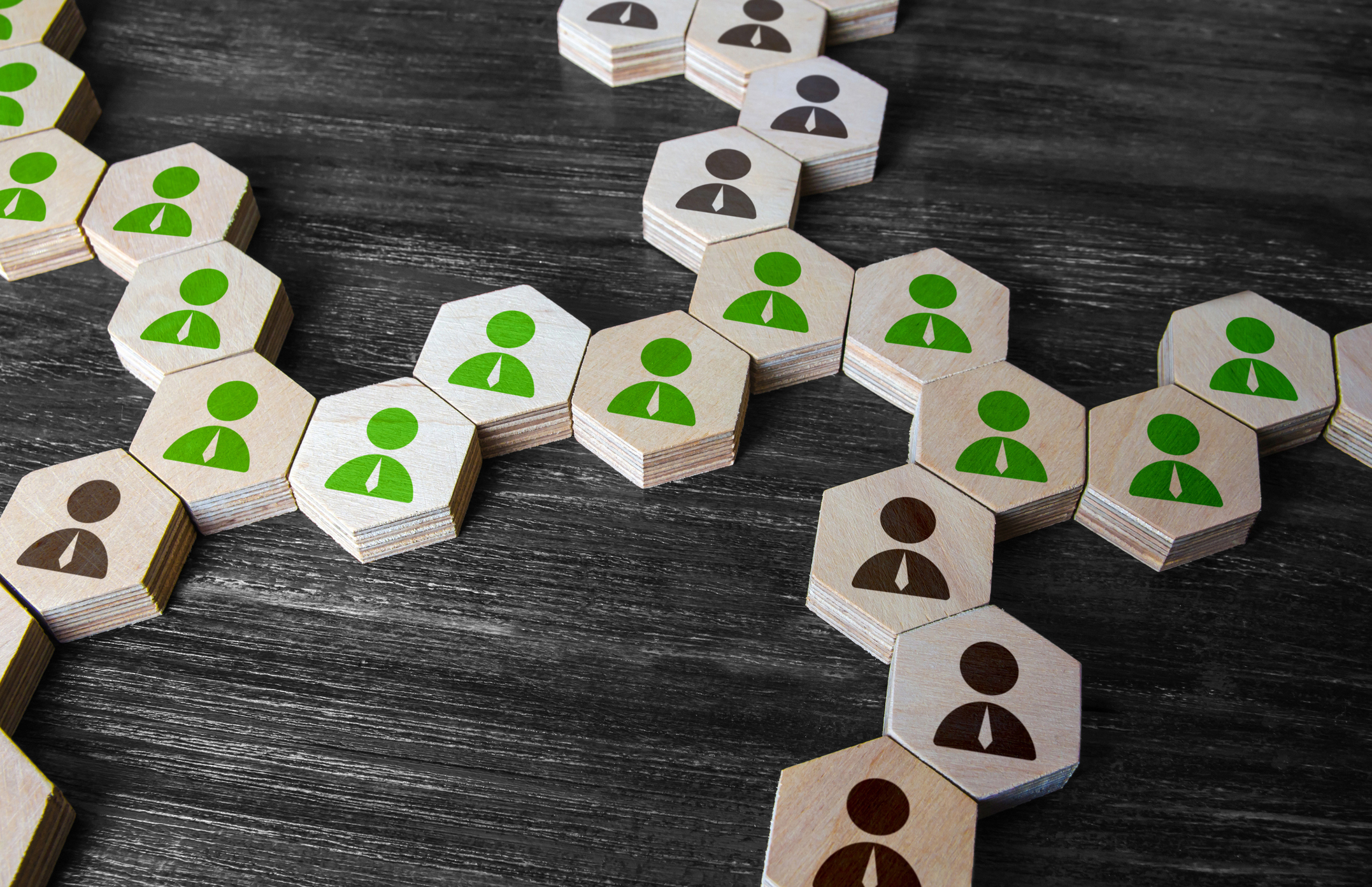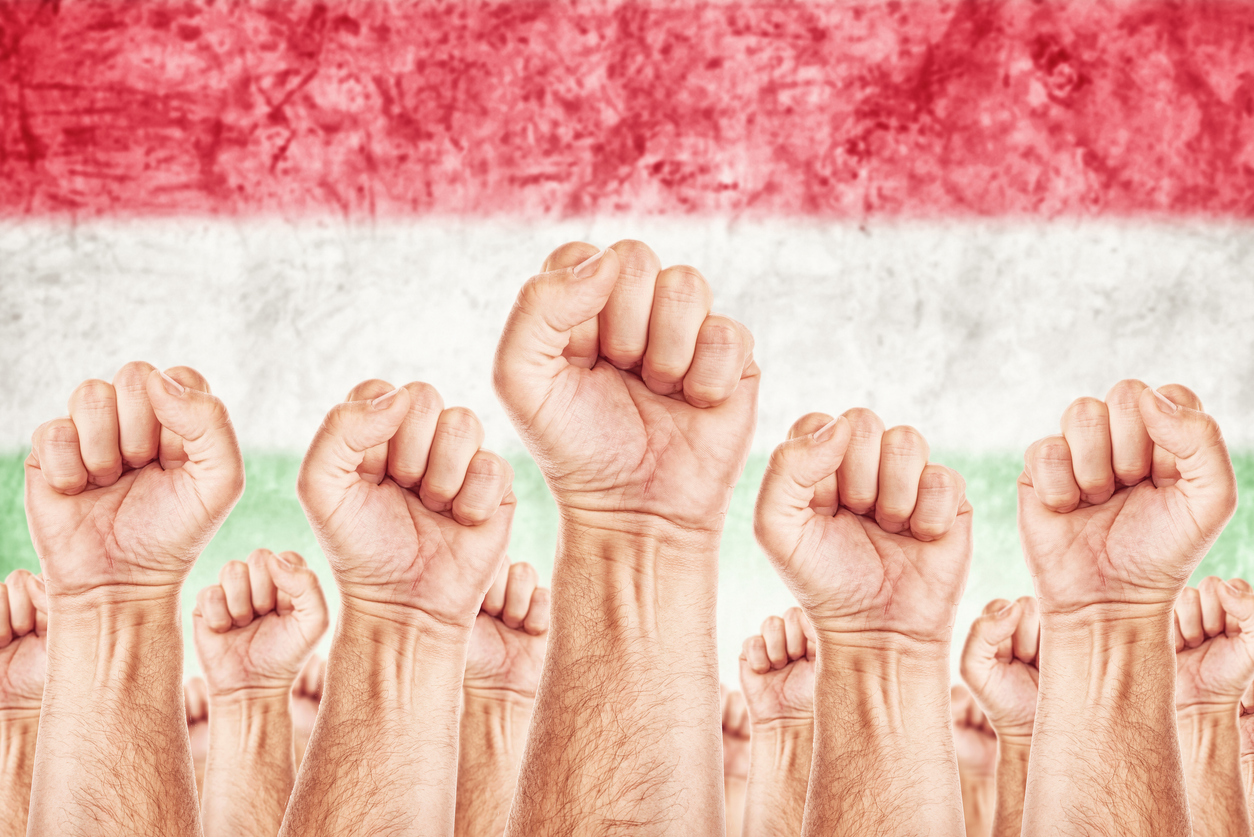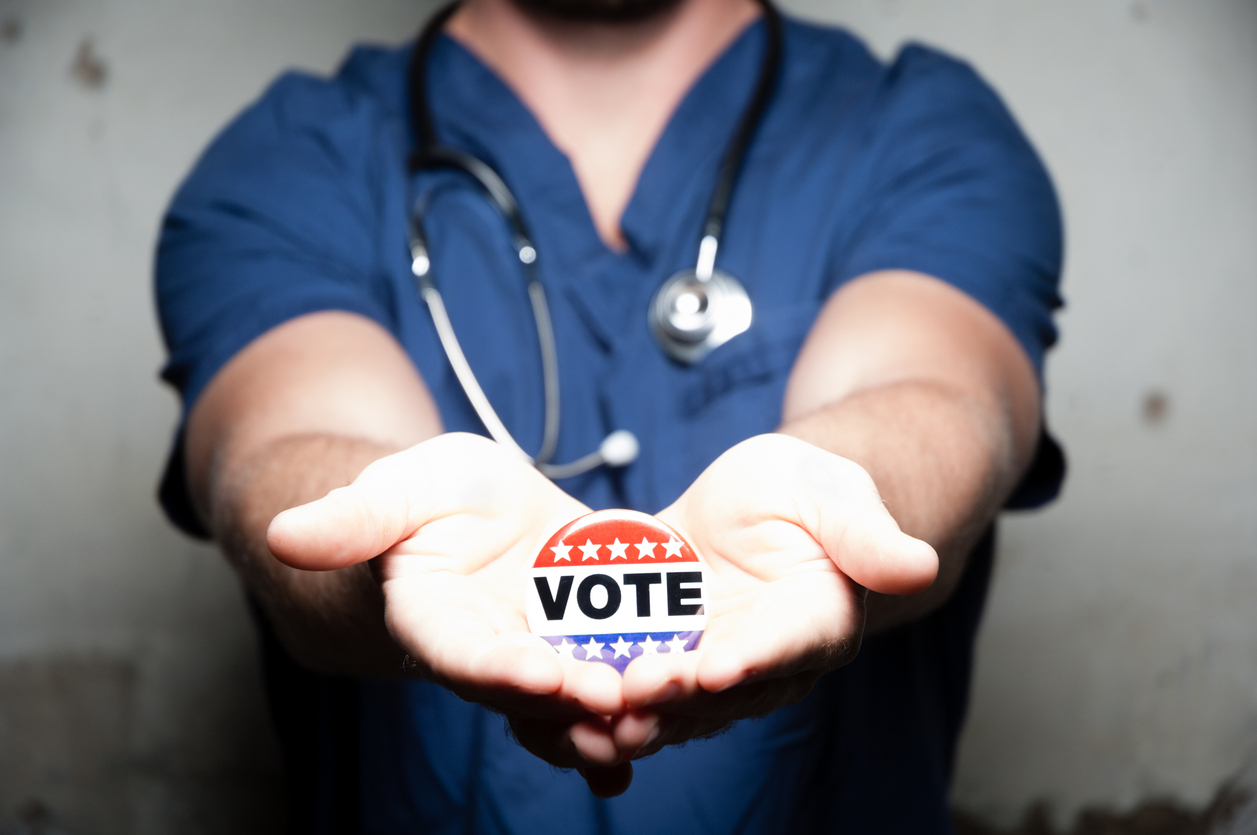*This article was written by former Director of Applied Research Jonathan Pinckney.
Why should labor unions and professional associations care about authoritarianism?
American democracy is in a moment of crisis. Long-standing trends and practices that undermined agreement on the rules of the political game have been weaponized by a segment of our political class that seeks to undermine constitutional rights and freedoms, exclude minority groups from power, and suppress opposition through disinformation and violence.
Democratic backsliding in the United States is a particular threat to labor and professional organizations. The research is clear: democracy is good for labor. Democracies not only provide more robust protections for freedom of association, they pay higher wages! Rollbacks in democracyhave led to significant attacks on both labor rights and the autonomy of professional organizations in India, Hungary, and elsewhere. Would-be authoritarians undermine the autonomy of outside organizations to centralize control over all the major organs of society.
Both labor and professional groups have played critical roles in advancing and protecting democracy in the past, and many continue to do so today. When labor and professional groups join social movements pushing for democratic change, they tend to have much higher rates of success and long-term sustainability. Professional disciplines such as the law have particularly important relationships to the state of American democracy. Yet there is a strong need in the current moment of democratic crisis for disparate efforts to protect and advance democracy to be levelled up and conducted collaboratively with the broader pro-democracy ecosystem.
How can Labor and Professional Groups Support Democracy?
- Labor and professional groups can be influential persuaders for democracy, when it is clear that they are speaking for the interests of their members and not seeking political power. For example, in Tunisia lawyers’ associations played a powerful role in advocating for the rule of law during the Ben Ali dictatorship, and later used the respect and symbolic power of their black robes on the front lines of 2011 “Arab Spring” uprising to lend legitimacy to those protests and help facilitate a democratic transition.
- Labor and professional groups bring formidable organizing skills and networks to the pro-democracy ecosystem. For example, the civil rights movement in Winston-Salem, North Carolina had foundered, struggling to attract participants and effectively organize the Black community until tobacco industry unions (led by Black workers) organized membership drives for the NAACP, began building dense local networks among the Black working class through activities centered on the local union hall, and organized citizenship classes, political rallies, and mass meetings on civil and voting rights issues.
- Labor and professional groups can often provide crucial resources for frontline activists struggling to advance democracy, from professional know-how to specialized access to political elites. During the 2017 protests against Trump administration’s “Muslim ban,” thousands of lawyers descended on airports to provide pro bono legal counsel to immigrants caught by the ban. Conversation and connection between organizers and professional groups can help better catalog what resources are needed in the moment, and help streamline effective coordinated action.
- In moments of democratic crisis, labor and professional groups are critical sources of organized non-cooperation, from organizing sectoral or general strikes to refusing to participate in legal proceedings or unjust professional standards. Research shows that the capacity for such widespread non-cooperation is crucial to counter an authoritarian breakthrough. For instance, widespread strikes organized by labor unions in cooperation with pro-democracy activists have been crucial in pushing back against democratic backsliding across many countries including Sri Lanka, India, Fiji, and South Korea.
The Horizons Project’s Work
- Research and Analysis: As part of its larger pillars of support project, Horizons is examining how labor and professional organizations have helped protect democracy in the US and other countries during democratic backsliding, and the most effective ways to do so. We will be working with labor and professional groups to share the results of this research, providing practical tools and ideas to help shift priorities and collective action to pro-actively protect democracy from the current authoritarian threat. Horizons will be producing short, action-focused publications and, together with partners, hold a series of salons on Labor and Democracy.
- Relationship-Building: Research shows that protecting and restoring American democracy will require united effort across a wide range of sectors. Horizons is building connective tissue between labor and professional groups and other key nodes in the pro-democracy ecosystem to strategize how efforts at protecting democracy can be most effectively coordinated both at the state level and nationally. We plan to organize both formal events and informal conversations between labor and professional organizations, grassroots organizers, and others in the pro-democracy space to help build the foundations for united action to protect democracy as we move towards the 2024 election and beyond.
Detailed examples of labor in action here.
Detailed examples of professional associations in action here.




